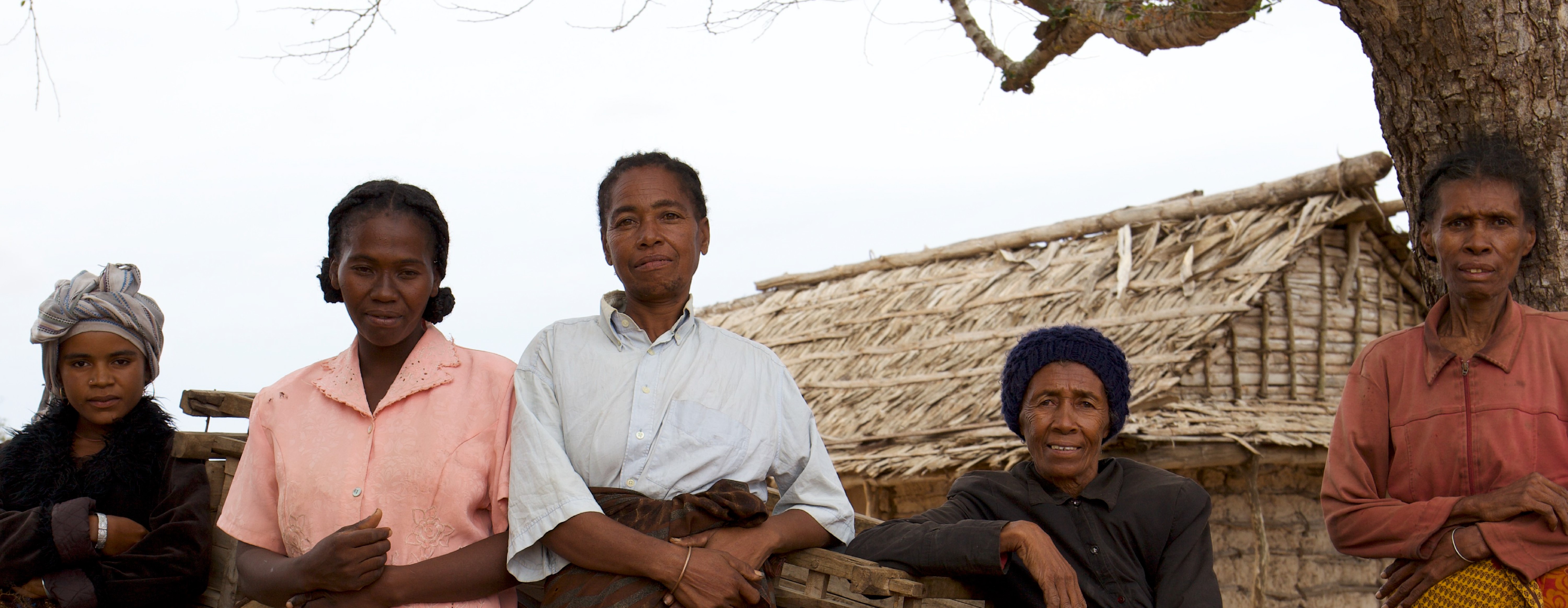

Phileol Madagascar

Antananarivo Province, Madagascar
May 2023
Agricultural Processing
Agriculture/Growers
Madagascar
PHILEOL Madagascar, une division du groupe PhileoL, est fière d'être une entreprise certifiée B Corp, engagée dans la production d'huiles végétales naturelles de qualité supérieure. Notre mission va au-delà de la simple production d'huiles exceptionnelles. Nous nous efforçons d'améliorer les conditions de vie des petits agriculteurs avec lesquels nous collaborons, tout en préservant la biodiversité et en protégeant notre environnement. En tant que membre certifié B Corp, nous sommes déterminés à avoir un impact positif sur notre planète et à servir nos clients avec excellence. Nous croyons que la qualité exceptionnelle de nos huiles est directement liée au bien-être des agriculteurs locaux. En instaurant des relations durables et en pratiquant un commerce équitable, nous travaillons à améliorer leurs conditions de vie. De plus, nous sommes fiers d'être certifiés Bio et Fair For Life, garantissant ainsi la qualité et l'équité de nos produits. Chaque huile que nous produisons à Madagascar est le fruit d'un processus attentif, respectueux de la nature et de l'humanité. Nous approvisionnons éthiquement les graines et les transformons avec soin pour préserver leur pureté et leurs bienfaits, agissant toujours avec intégrité et un engagement envers la durabilité environnementale.
Overall B Impact Score
Governance 6.4
Governance evaluates a company's overall mission, engagement around its social/environmental impact, ethics, and transparency. This section also evaluates the ability of a company to protect their mission and formally consider stakeholders in decision making through their corporate structure (e.g. benefit corporation) or corporate governing documents.
What is this? A company with an Impact Business Model is intentionally designed to create a specific positive outcome for one of its stakeholders - such as workers, community, environment, or customers.
Workers 16.0
Workers evaluates a company’s contributions to its employees’ financial security, health & safety, wellness, career development, and engagement & satisfaction. In addition, this section recognizes business models designed to benefit workers, such as companies that are at least 40% owned by non-executive employees and those that have workforce development programs to support individuals with barriers to employment.
Community 45.0
Community evaluates a company’s engagement with and impact on the communities in which it operates, hires from, and sources from. Topics include diversity, equity & inclusion, economic impact, civic engagement, charitable giving, and supply chain management. In addition, this section recognizes business models that are designed to address specific community-oriented problems, such as poverty alleviation through fair trade sourcing or distribution via microenterprises, producer cooperative models, locally focused economic development, and formal charitable giving commitments.
What is this? A company with an Impact Business Model is intentionally designed to create a specific positive outcome for one of its stakeholders - such as workers, community, environment, or customers.
Environment 33.6
Environment evaluates a company’s overall environmental management practices as well as its impact on the air, climate, water, land, and biodiversity. This includes the direct impact of a company’s operations and, when applicable its supply chain and distribution channels. This section also recognizes companies with environmentally innovative production processes and those that sell products or services that have a positive environmental impact. Some examples might include products and services that create renewable energy, reduce consumption or waste, conserve land or wildlife, provide less toxic alternatives to the market, or educate people about environmental problems.
What is this? A company with an Impact Business Model is intentionally designed to create a specific positive outcome for one of its stakeholders - such as workers, community, environment, or customers.
Customers 0.5
Customers evaluates a company’s stewardship of its customers through the quality of its products and services, ethical marketing, data privacy and security, and feedback channels. In addition, this section recognizes products or services that are designed to address a particular social problem for or through its customers, such as health or educational products, arts & media products, serving underserved customers/clients, and services that improve the social impact of other businesses or organizations.